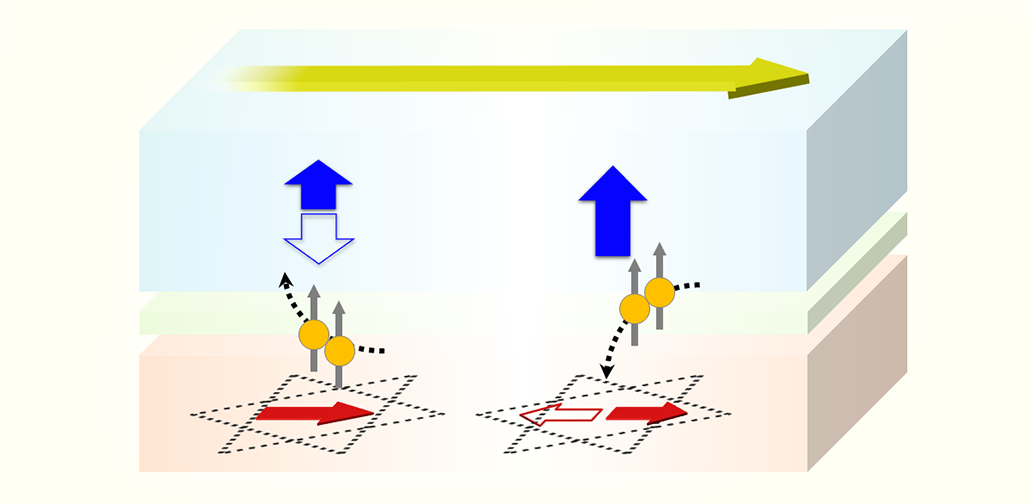Sydney, Australia – Tuesday, May 14, 2024
Today, TP-Link Australia/New Zealand announced their new range of Omada L3 Switches including physical stacking and redundant power, plus options to make them the ideal backbone for next-gen Wi-Fi 7 networks.
TP-Link’s highly anticipated range of Omada L3 Switches is packed with cutting-edge tech to give your network the flexibility it needs to do just about anything, whether that’s provided rock-solid security for a business, handling very high bandwidth for a campus, or even operating as an ISP itself.
As a Layer 3 switch, an Omada model can be used at the core layer, aggregation layer, or access layer, giving your network managers the opportunity to wield every tool in their arsenal. Whether it’s hospitality, education, retail, office, or catering, an Omada L3 switch can provide the foundation your network needs to handle anything users throw at it.
The range includes five models that offer everything from redundant power supplies to optional Power over Ethernet plus (PoE+), and of course highly scalable Layer 3 routing.
Physical Stacking While a typical enterprise-level switch needs to be rack-mounted for airflow, Omada L3 Switches are designed to be physically stackable. While rack mounting is still an option, you can save space and money by simply placing switches on top of each other. The casing and cooling systems are designed to ensure the switch runs at an optimal temperature. Omada L3 Switches can also be configured in groups, to dynamically back up each other (VRRP) and there’s also ring topology support for even more rapid protection and recovery (ERPS).
Redundant Power Supply A network that needs an L3 switch is almost certainly mission-critical, so uptime is paramount. Omada’s L3 switches include dual power supplies for redundancy. In the unlikely event one PSU fails, the second can switch in automatically and keep the network operating.
Abundant Layer 3 Capabilities Static Routing, RIP, OSPF, and ECMP come with abundant Layer 3 routing protocols that support a scalable network. Multicast routing protocols guarantee efficient routing for multicast groups. DHCP Server and DHCP Relay are also supported.
These features, plus the full gamut of L2+ functionality, make Omada L3 Switches ideal for very large or complex networks, and can even be used for internet service providers (ISPs) with 802.3ah OAM, DDM, sFlow, QinQ, L2PT PPPoE ID Insertion, IGMP authentication, and more.
Ideal for Supporting Wi-Fi 7 As more Wi-Fi 7 access points roll out and users upgrades their devices to the next generation of Wi-Fi, the expectation will be for very high bandwidth. Omada L3 Switches include SFP28 25Gbps slots, helping to future-proof your network for the high bandwidth and high density needs of tomorrow’s (and even some of today’s) users. Depending on model, Omada L3 Switches provide up to 820Gbps of switching capacity per unit.
Enterprise Level Management Features Omada L3 Switches can be easily managed and configured via the Omada Cloud Networking Solution which includes an easy-to-use dashboard for viewing real-time network status, as well as a full suite of user access options and much more.
Pricing and Availability The Omada L3 Switch range comprises 5 models (SX6632YF, SG6654X, SG6654XHP, SG6428X, SG6428XHP) and is available from TP-Link’s network of channel partners, including value-added resellers, solutions providers and distributors.
Warranty TP-Link Omada products are supported by a 5 year warranty.








